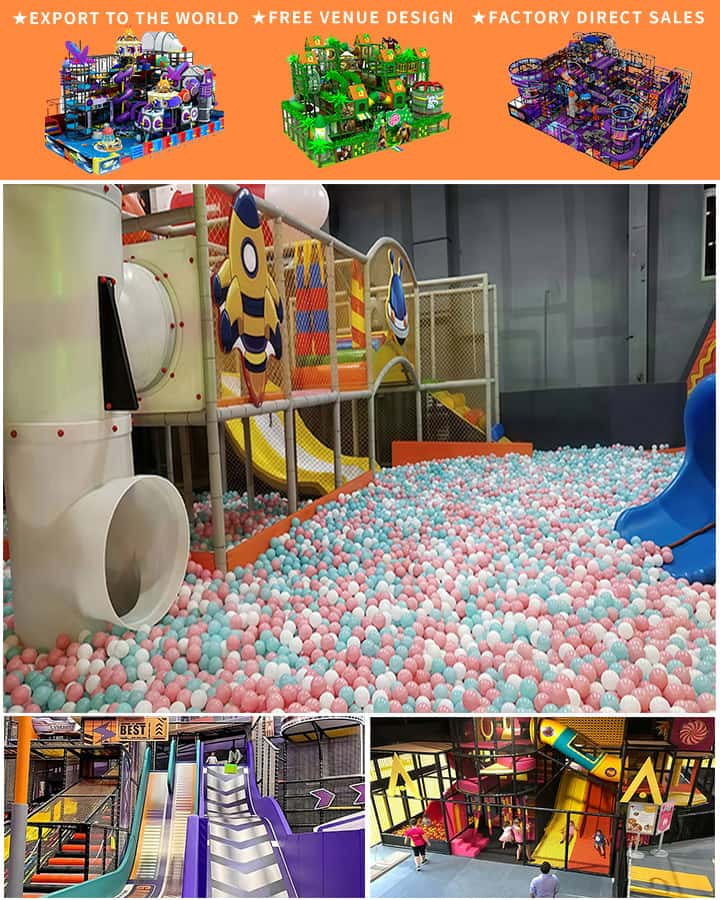Kids and playgrounds are a match made in heaven. The moment children step onto a playground, their faces light up with excitement and joy. These magical spaces are not just about swinging and sliding; they offer an array of activities that foster physical fitness, social skills, and creativity. Let’s explore what makes playgrounds such a source of fun for kids!
Physical Activity Galore
Playgrounds are designed to keep kids active. From climbing frames and slides to seesaws and swings, every piece of equipment encourages movement and physical exercise. Climbing structures help develop motor skills and coordination, while running around on soft grass or rubber mats provides a great cardiovascular workout. Even playing games like tag or hide-and-seek contributes to their overall fitness, making playgrounds essential for their healthy development.
Social Interaction

One of the most significant benefits of playgrounds is the opportunity for kids to interact with their peers. These shared experiences teach children vital social skills such as cooperation, communication, and conflict resolution. Whether it’s teaming up for a game of soccer or taking turns on the slide, playgrounds create a natural environment for building friendships and learning how to play together harmoniously.
Unleashing Creativity
Playgrounds are not just physical spaces; they are canvases for imagination. A simple sandbox can become a pirate ship, and a jungle gym can transform into a magical castle. This imaginative play is crucial for cognitive development and problem-solving abilities. It allows children to think creatively and explore different roles and scenarios, contributing to their emotional and intellectual growth.
Safety First
Modern playgrounds are designed with safety in mind. They are equipped with cushioned surfaces to prevent injuries from falls, and equipment is regularly inspected and maintained to ensure it meets safety standards. Parents can have peace of mind knowing that their children are enjoying themselves in a secure environment.
Inclusive Fun
Today’s playgrounds are more inclusive than ever, catering to children of all abilities. Features like wheelchair-accessible swings, sensory play areas, and special ramps ensure that every child can participate and enjoy the fun. This inclusivity teaches kids the values of empathy and acceptance from an early age.
Conclusion
In summary, playgrounds are more than just recreational spaces—they are fundamental to a child’s holistic development. They provide endless opportunities for physical activity, social interaction, and creative exploration. So next time you see a playground buzzing with laughter and chatter, remember that it’s not just fun and games; it’s a crucial part of growing up happy and healthy.




